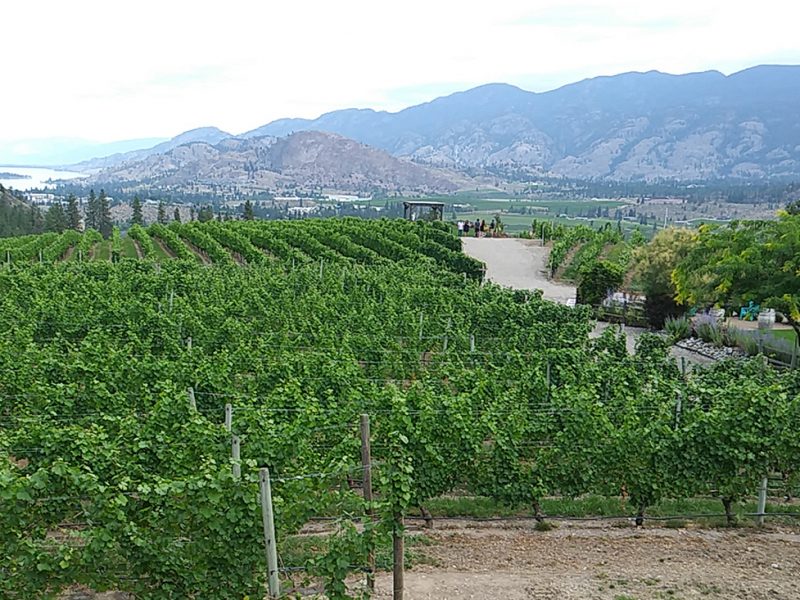Okanagan wineries hope growing conditions this summer will deliver a decent grape crop, despite delayed budbreak in vineyards across the Okanagan that hampered vine development.
BC Grapegrowers Association members discussed the problem at a field day in May.
“Some vines in some vineyards saw poor bud break this year, with erratic and late development,” says John Bayley, president of the BC Grapegrowers Association.
Damage was spread throughout the Okanagan and Similkameen valleys, although areas such as the Naramata bench were more affected than others.
Growers contacted Pat Bowen at the Summerland Research and Development Centre with their concerns. An analysis by Bowen indicated that a combination of soil types and soil temperatures caused some vines to become dehydrated, slowing bud break.
The prolonged cold spell across the Okanagan in late February meant heavy loam and clay soils were had yet to warm up by mid March. This reduced root function, preventing moisture from making its way to the buds. The result was poor and erratic bud break, and in extreme cases, vine death.
While most vines eventually came to life, bunch development is poor and significantly delayed compared to unaffected vines. The impact on this year’s harvest has yet to be determined.
BC growers harvested approximately 35,000 tons of wine grapes last year, including 274 tons of grapes for ice wine – the smallest ice wine grape harvest since 2009.


 Grape growers honoured
Grape growers honoured